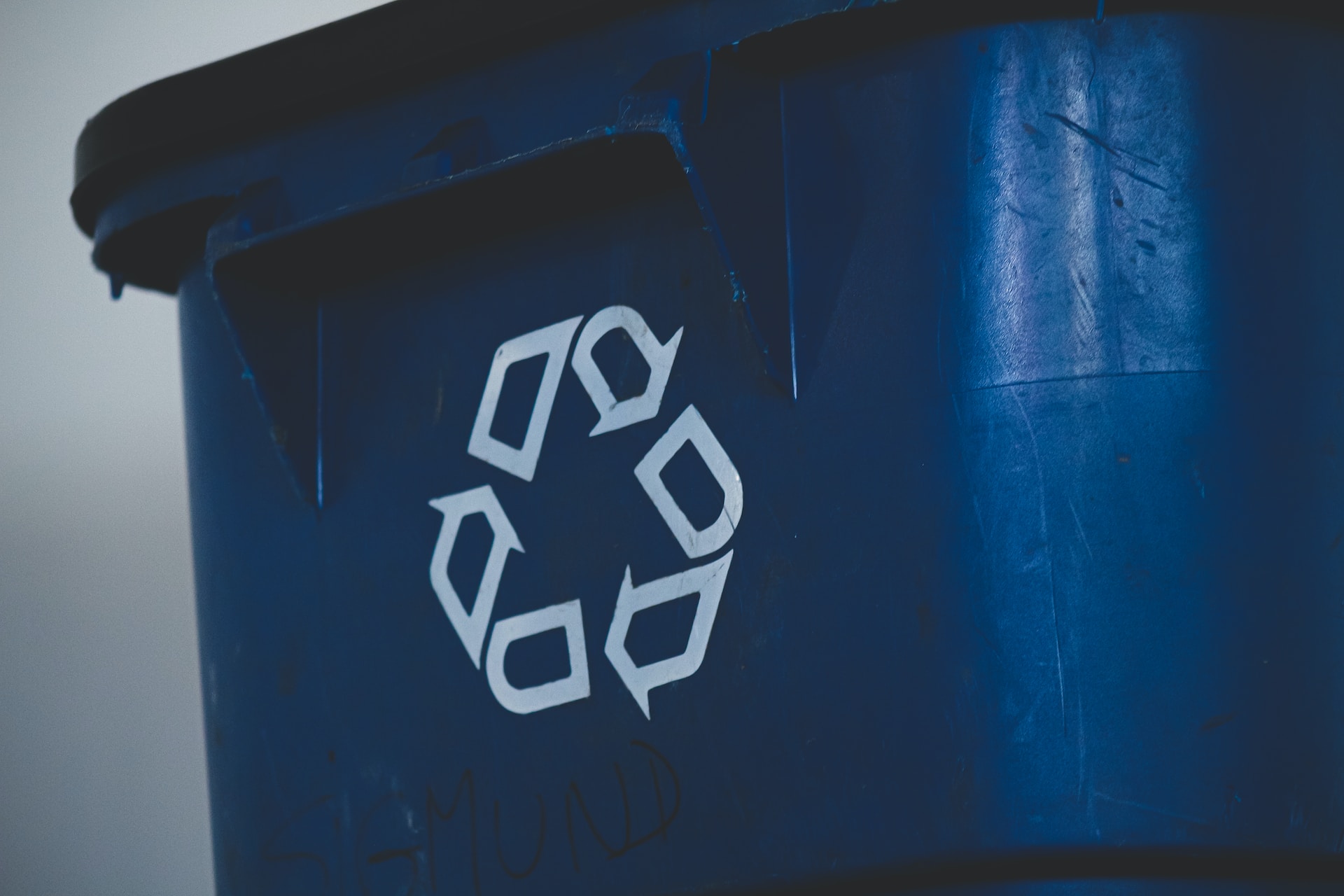Efficient Production of Hard Carbon from Modified Lignin (CARAMEL)

The large-scale use of sodium-ion batteries (SIBs) is expected to contribute to the realization of a fossil-free society that is dependent on energy derived from sustainable, earth-abundant, and bio-based raw materials.
Hard carbons derived from biomass resources like lignin have promising potential to enable commercial SIBs. The biggest challenge is that hard carbons exhibit undefined structure and chemical compositions making it difficult to predict their performance in practical applications.
This project brings together researchers from Uppsala University, RISE, and Altris AB to develop new synthesis routes to hard carbons from modified lignin. A range of lignin isolation, modification and carbonization steps will be devised to produce hard carbons with controlled structure and electrochemical characteristics.
New methods suited for characterizing hard carbons will be developed based on electrochemical methods, small-angle X-ray scattering, TEM, Raman scattering and electron spectroscopy.

Habtom Desta Asfaw
Uppsala University

habtom.desta.asfaw@kemi.uu.se
Project information
Participants
Uppsala University
RISE
Altris AB
Time schedule
January 2023 - December 2025
Total cost of project
7 528 566 SEK
Swedish Energy Agency project number
2022-00559
More projects

Carbon and climate efficient use of biogenic waste for circular chemicals
In Sweden, around 7Mton of waste is yearly incinerated for energy recovery. Currently around 60 % of the carbon available in that…
Manager: Sima Ajdari
Ongoing

Increased yield of sustainable aviation fuels from Kraft lignin by multi-strategy approach: fractionation, lignin derivatization, hydroprocessing
Lignol® is a lignin based bio-oil designed to be compatible with existing refinery infrastructure. Being a lignin based product allows for production…
Manager: Marcus Jawerth
Ongoing

GotBio: Potential of bio-based energy in carbon neutral scenarios of Gotland
Gotland has been commissioned to drive the transition by acting as a pilot area for a sustainable energy system. The industry and…
Manager: Sofia Klugman
Ongoing


